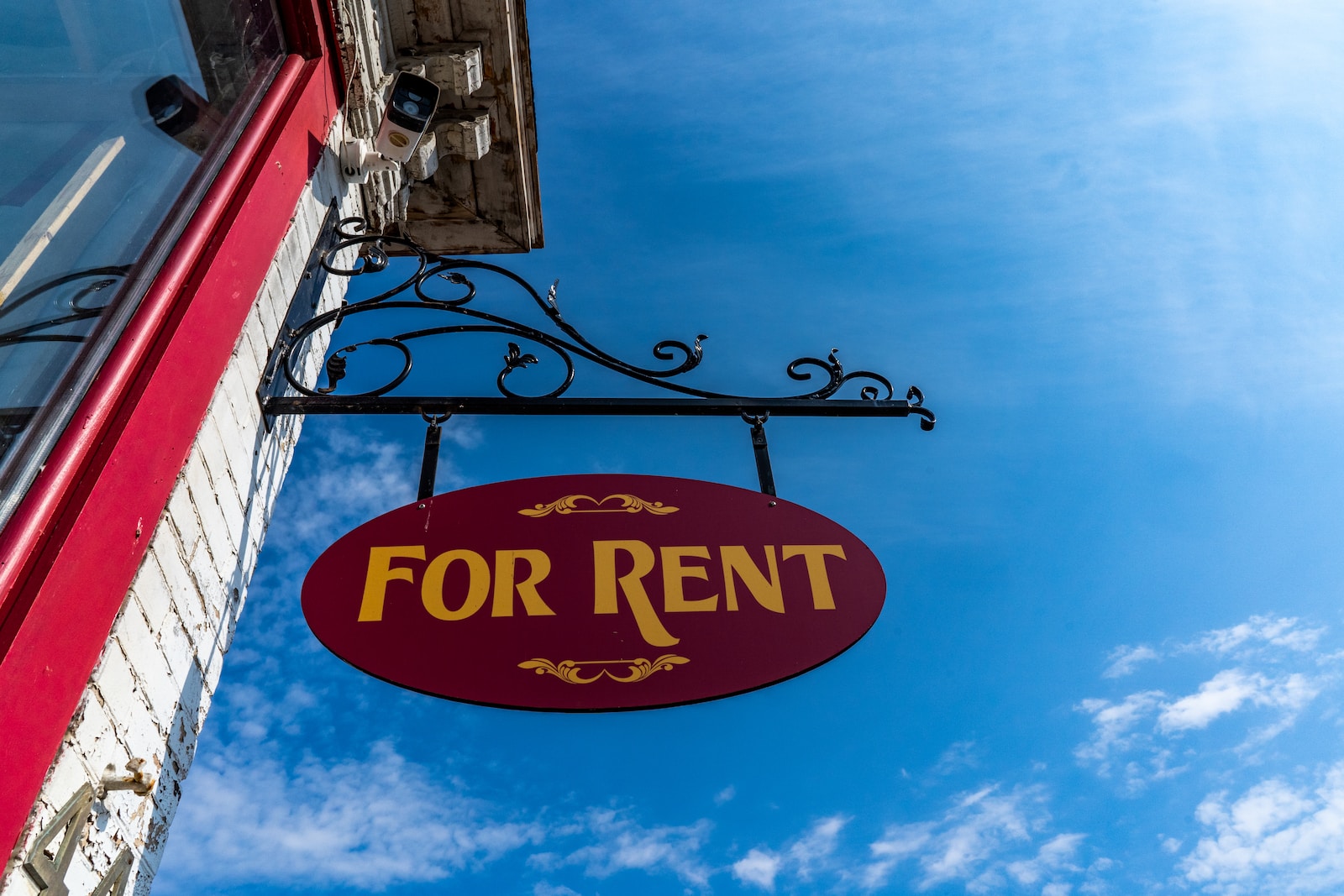Renting can be a daunting task for many, especially when it comes to understanding the rights and responsibilities of both renters and landlords. At Strategic Lawyers, we believe in empowering our clients with the knowledge they need to make informed decisions.
In today’s fast-paced world, the dynamics of renting properties have evolved, making it even more essential for both tenants and landlords to be well-informed. With changing regulations, increased rights for renters, and a more competitive rental market, understanding the nuances can make all the difference.
Whether you’re a first-time renter or a seasoned landlord, having a clear grasp of the rules and responsibilities can prevent potential conflicts and ensure a positive renting experience for all involved. This article aims to shed light on the rights of renters, providing clarity and peace of mind.
The Rights of Renters:
- Right to Privacy: Tenants have the right to enjoy their rented space without unnecessary intrusion. While landlords can enter the property for specific reasons, such as maintenance or inspections, they must provide adequate notice.
- Right to a Safe and Habitable Environment: Landlords are obligated to ensure that the property is safe and free from health hazards. This includes maintaining the structural integrity of the building, ensuring proper sanitation, and addressing any pest issues.
- Right to Repairs: If something breaks or becomes unusable in the rented property, tenants have the right to request repairs. Landlords are typically responsible for these repairs unless the damage was caused by the tenant’s negligence.
- Right to Fair Treatment: Discrimination based on race, gender, religion, or other protected characteristics is illegal. Tenants should be treated fairly and without prejudice.
- Right to Security Deposit Return: Upon ending the lease, tenants should receive their security deposit back, minus any deductions for repairs or unpaid rent. The process and timeline for this return should be transparent.
- Right to Know the Terms of the Lease: Tenants should be provided with a clear and understandable lease agreement, detailing the terms of their stay, rent amount, and other essential details.
Understanding your rights as a renter is crucial. If you ever feel that your rights are being infringed upon, it’s essential to seek professional advice. While this article provides a general overview, specific situations may require a more in-depth understanding.
What Can Landlords Do?
Landlords, while entrusted with the ownership of a property, have specific rights and responsibilities to ensure the smooth operation of a tenancy. Firstly, they can set the terms of the lease, which includes determining the rent amount, the duration of the lease, and any other conditions they deem necessary. This is often done in consultation with the tenant to ensure both parties are in agreement.
Additionally, landlords have the right to collect rent and, in cases where the tenant might default, take necessary legal actions to recover the owed amount. They can also enter the property for legitimate reasons, such as scheduled inspections, maintenance, or emergencies, provided they give the tenant appropriate notice.
Lastly, in the unfortunate event of consistent breaches of the lease agreement by the tenant, landlords can initiate eviction procedures, adhering to the legal protocols in place.
What Can’t Landlords Do?
On the flip side, there are clear boundaries that landlords must not cross. They cannot arbitrarily increase the rent without proper notice or outside the terms agreed upon in the lease. Discriminating against potential or current tenants based on race, gender, religion, or other protected characteristics is strictly prohibited.
Landlords are also not allowed to invade the privacy of their tenants by entering the property without adequate notice or a valid reason. They can’t withhold the security deposit without a legitimate cause, and if deductions are made, they must provide a detailed account of those deductions.
Furthermore, landlords cannot neglect their responsibility to provide a safe and habitable environment. This means addressing repair requests in a timely manner and ensuring the property meets health and safety standards.
Delving Deeper: The Importance of a Comprehensive Lease Agreement
A lease agreement is more than just a piece of paper; it’s a binding contract that delineates the rights and responsibilities of both the landlord and the tenant. Its importance cannot be overstated, as it serves as the foundation for a harmonious landlord-tenant relationship.
A comprehensive lease agreement ensures clarity for both parties. By detailing the terms of the rent, the duration of the lease, maintenance responsibilities, and other essential aspects, it eliminates ambiguities that could lead to disputes down the line. For tenants, it offers a clear understanding of what is expected of them and what they can expect from their landlord. For landlords, it provides a framework within which they can operate, ensuring they adhere to the law and best practices.
Moreover, in the event of disagreements or misunderstandings, the lease agreement acts as a reference point. It can be consulted to determine the agreed-upon terms, making it easier to resolve issues. Without a comprehensive agreement, both parties are left vulnerable to potential legal complications and strained relations.
In the realm of renting, knowledge is power. Being well-informed and having a detailed lease agreement not only protects the rights of both parties but also fosters trust and mutual respect. It’s always advisable to consult with legal professionals, like Strategic Lawyers when drafting or reviewing a lease agreement to ensure it’s thorough and compliant with current regulations.
The Role of Mediation in Rental Disputes
Mediation plays a pivotal role in resolving rental disputes, offering an alternative to the often lengthy and costly court proceedings. It’s a process where an impartial third party, the mediator, facilitates a conversation between the disputing parties to help them reach a mutually agreeable solution. The mediator doesn’t impose a decision but rather guides the discussion, ensuring it remains productive and focused.
The benefits of mediation are manifold. It’s generally faster than going to court, saving both time and money. The process is also confidential, ensuring the privacy of both parties is maintained. Moreover, since the outcome is mutually agreed upon, it often results in better compliance and less animosity between the parties. Mediation also allows for more flexible solutions tailored to the specific needs and circumstances of the dispute, something that formal legal proceedings might not always offer.
How Strategic Lawyers Can Assist
Solving rental disputes can be challenging. That’s where the expertise of Strategic Lawyers comes into play. With a team of experienced professionals, we offer guidance and representation tailored to your unique situation. Whether it’s drafting a comprehensive lease agreement, mediating a dispute, or providing legal counsel, our customer-centric approach ensures your concerns are addressed with utmost professionalism.
Strategic Lawyers understand the intricacies of rental laws and are adept at finding solutions that align with the best interests of their clients. Our commitment to delivering results, combined with their in-depth knowledge, makes them a trusted ally in any rental dispute. By partnering with Strategic Lawyers, you’re not just getting legal representation; you’re gaining a partner dedicated to ensuring your rights are protected and your concerns are heard.
Take the Next Step
Understanding your rights as a renter and the responsibilities of landlords is crucial for a harmonious tenancy. Mediation offers an efficient way to resolve disputes, ensuring both parties find a mutually agreeable solution. Strategic Lawyers, with our expertise and dedication, are perfectly poised to guide you through any rental challenges you might face. Our team ensures that your concerns are not just addressed, but resolved with professionalism and care.
Ready to safeguard your rights and navigate the complexities of renting? Contact Strategic Lawyers today.







